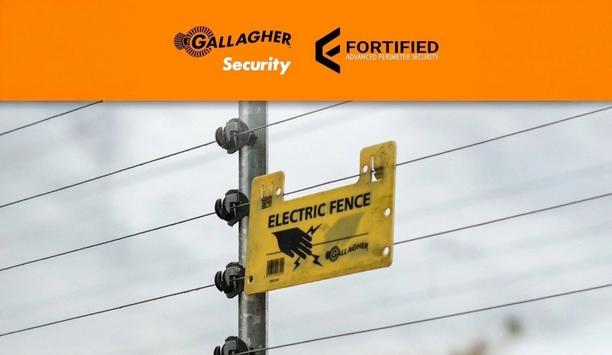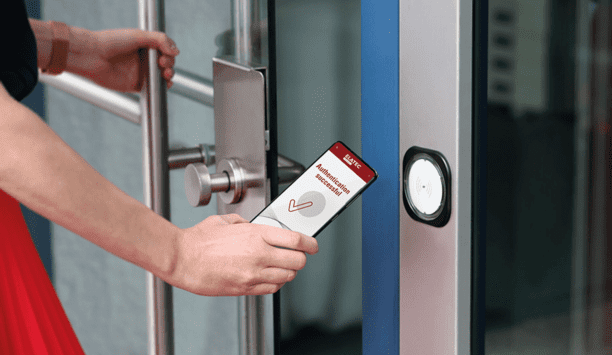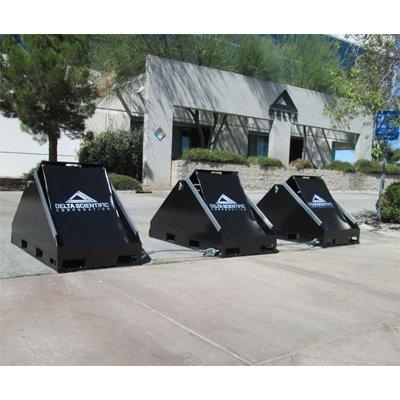 |
| BSIA is eager to defend the use of 'zero-hours' contracts within the security sector |
Security industry professionals have spoken out in defense of ‘zero-hours’ contracts, with almost 80% of British Security Industry Association (BSIA) members agreeing with the concept, despite the Government’s recent pledge to review such arrangements following pressure from unions.
The BSIA - the trade body representing the UK’s private security industry - conducted a survey of those sections of its membership which deliver people-based security solutions, including security guarding, door supervision, crowd management, cash-in-transit and close protection. 79.2% of members agreed with the concept of zero hours contracts, citing increased flexibility and the ability to meet unexpected demand as the two key benefits of such agreements.
According to recent reports by the Chartered Institute of Personnel and Development, more than a million UK workers are on zero hours contracts, which offer no guarantees of shifts or work patterns, causing many unions to call for a ban on such arrangements and prompting the Government’s Business Secretary, Vince Cable, to pledge a full-scale review.
With 73.9% of respondents to the BSIA’s survey also indicating that the currently employ staff on zero hours contracts, the Association is eager to defend their use within the security sector.
"Whilst we welcome the |
Trevor Elliott, Director of Manpower and Membership Services at the BSIA, comments: “While we welcome the Government’s review of zero-hours contracts, it’s important to emphasize that where they are correctly managed, these arrangements can have a real benefit to both employees and employers. For employers within the security sector, who are often required to respond to high volume demand over very short periods of time, zero-hours contracts provide flexibility and the ability to be adaptable in fulfilling customer requirements.
“That being said, it’s equally as important to acknowledge that where these contracts are poorly managed, they may have a detrimental effect. Potential negatives highlighted by our survey included lack of stability for employees and a degree of ambiguity in terms of what is expected from both employer and employee. As such, we will look forward to the results of the Government’s review and stand prepared to defend security sector employers and their employees, to ensure that they are not negatively affected by the actions of unscrupulous employers.”























